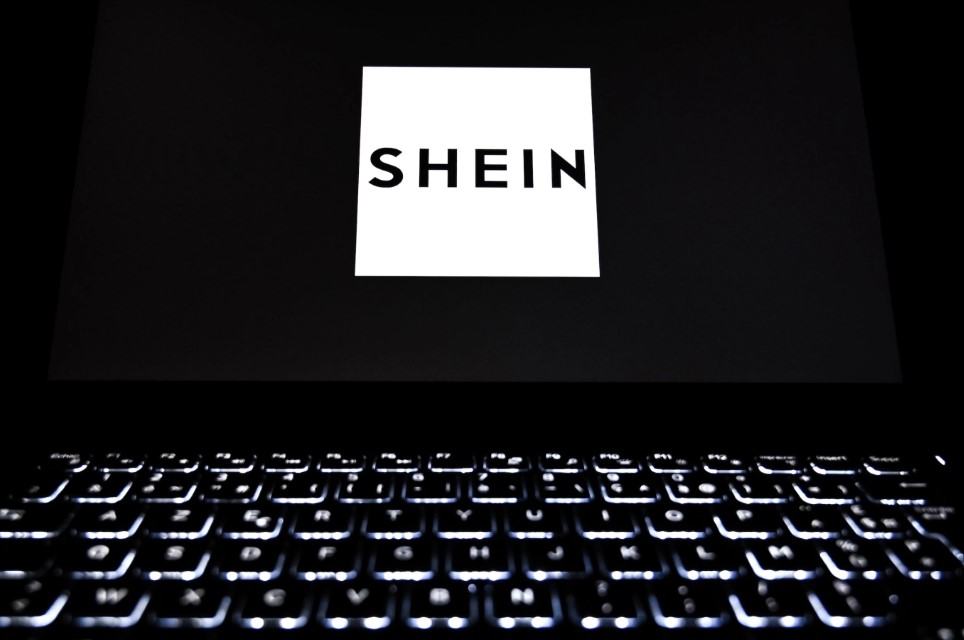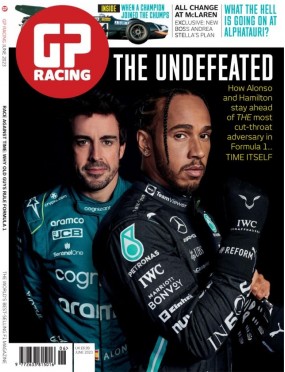
A group of designers are suing Shein, the Chinese fast-fashion firm reportedly valued at $66 billion, for allegedly stealing independent artists’ works “over and over again, as part of a long and continuous pattern of racketeering.”
The designers — Krista Perry, Larissa Martinez and Jay Baron — claim in their lawsuit that Shein’s “design ‘algorithm’ could not work without generating the kinds of exact copies that can greatly damage an independent designer’s career—especially because Shein’s artificial intelligence is smart enough to misappropriate the pieces with the greatest commercial potential.”
Though the lawsuit highlights Shein’s use of artificial intelligence, it’s not exactly clear how Shein employs AI in its design process. The firm does not appear to be using AI to literally generate the alleged copies.
The lawsuit is packed with side-by-side comparisons, such as this one:
The lawsuit alleges that Shein’s practices violate the Racketeer Influenced and Corrupt Organizations Act (RICO). The law was enacted in 1970 and was first used against the American Mafia.
Seeking a jury trial, the designers say in their suit that the fast-fashion giant’s “misconduct is committed not by a single entity, but by a de-facto association of entities.” They claim that RICO is relevant to this case because it was created to “address the misconduct of culpable individual cogs in a larger enterprise.”
Reached for comment, Shein sent TechCrunch a boilerplate response, explaining that the company takes such claims seriously. The firm added that it will “vigorously defend” itself.
Shein is among the fastest-growing online retailers on the planet, and the firm is no stranger to allegations that it habitually screws over artists, workers and the environment. The company has previously copped to violating local labor laws.
Still, amid these brutal reports, Shein has attempted to market itself as an environmentally minded and socially conscious firm. It also wooed some influencers in a recent campaign that quickly backfired.










